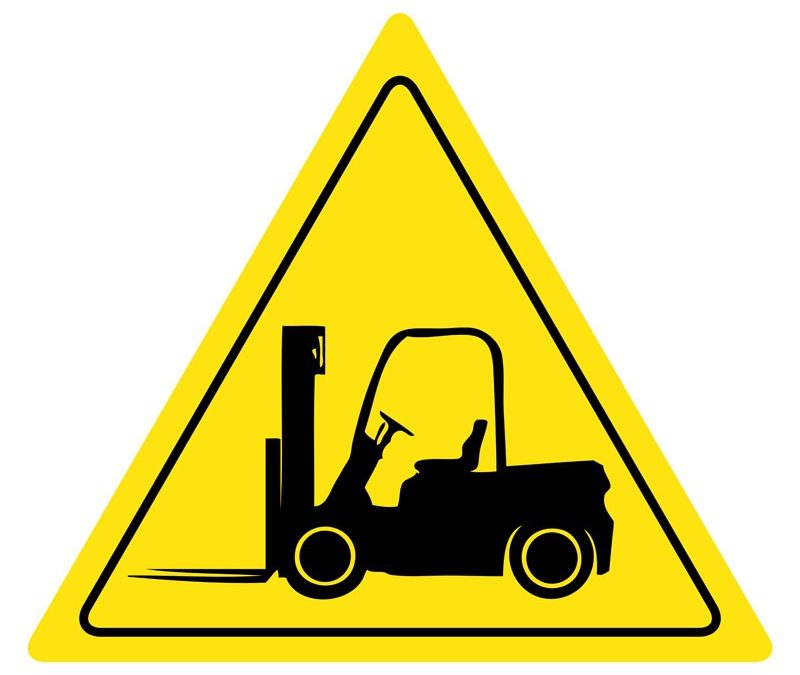Safety signs are instrumental in operating a safe, fully functioning, and efficient warehouse. Nobody wants to deal with downtime because an employee couldn’t see an inadequately placed warning sign or, even worse, because there wasn’t one posted to begin with. And, signs aren’t just important because of safety and efficiency – they are legally required.
Why and What of Safety Signs
A warehouse manager’s most important to know acronym, OSHA, requires proper signage and placement within places of business in order to protect both customers and employees. OSHA breaks down warning signs into three categories: danger signs, caution signs, and safety instruction signs.
- Danger signs – warn of specific and immediate threats
- Caution signs – warn of potential hazards and encourage safe practices
- Safety instruction signs – provide “general instructions and suggestions relative to safety measures.”
Safety signs must be easy to read in order to be effective and to be OSHA compliant. Make sure that signs in the warehouse are positive – telling the workers what to do, not what not to do. This provides specific instructions that will keep workers safe and production on the move.
Signs aren’t just to protect you from falling out of line with OSHA. Having proper and effective signage protects warehouse management and the business. Improper or inadequate warning signs can leave the business open to lawsuits from injured employees or customers, not to mention the loss of production during whatever downtime occurs because of an accident.
Sign Placement
Place signs prominently and in proper context. If you store hazardous materials, for example, be sure the warning sign for them is visible before employees or customers come into contact with them. Also, consider placing reminders and non-OSHA required warning signs in other parts of the business or warehouse, such as employee lounges or locker rooms, in an effort to raise employee awareness and encourage proper safety protocols.
Often, prevention is the best way to keep costs down and efficiency up. Utilizing warning signs and remaining OSHA compliant will help your warehouse keep on humming.


